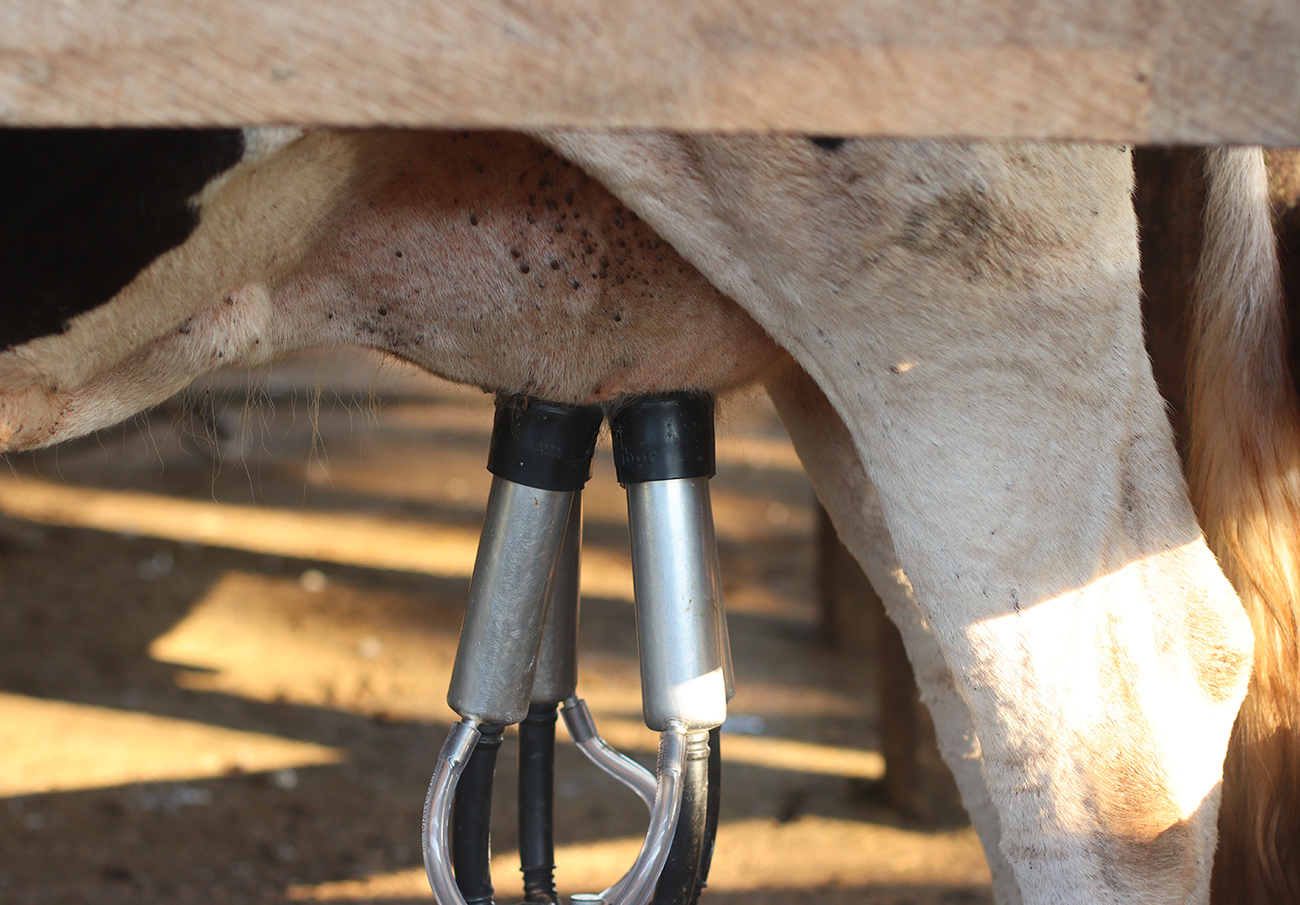Enhancing Communication Proficiency for Professional Success.
Effective communication is the cornerstone of success in any professional field, and OCAH1101 is designed to equip you with the essential skills and knowledge needed to excel in your chosen career path. This compulsory module, worth 8 credits, emphasizes the development of communication competencies that transcend disciplinary boundaries.
Module Description:
OCAH1101 delves into the multifaceted world of occupational communication, offering a comprehensive understanding of communication theories, concepts, principles, and strategies applicable to various professional sectors. Key aspects of this module include:
Critical Thinking:
Develop the ability to present critical arguments related to communication in a professional context. Explore the role of information and communication technologies (ICTs) in the context of development, appreciating ethical dimensions, copyright and intellectual property rights, privacy, conduct, and societal expectations.
Efficiency and Organization:
Acquire skills to maintain efficient, organized, and secure electronic working environments. Learn how to manage digital files, systems, and application software effectively, ensuring smooth operations in a digital workspace. Data Presentation: Hone your capabilities in working with textual and numerical data to present information in various formats. This skill is invaluable for conveying complex ideas, insights, and data-driven decisions effectively.
OCAH1101 recognizes the universal relevance of communication skills and their importance across diverse fields, including agriculture, community development, animal health, and more. It empowers you with the proficiency to communicate effectively, adapt to evolving communication technologies, and make ethical choices in the digital age. By completing this module, you'll be well-prepared to excel in your academic studies and thrive in your chosen career, regardless of your professional field.
